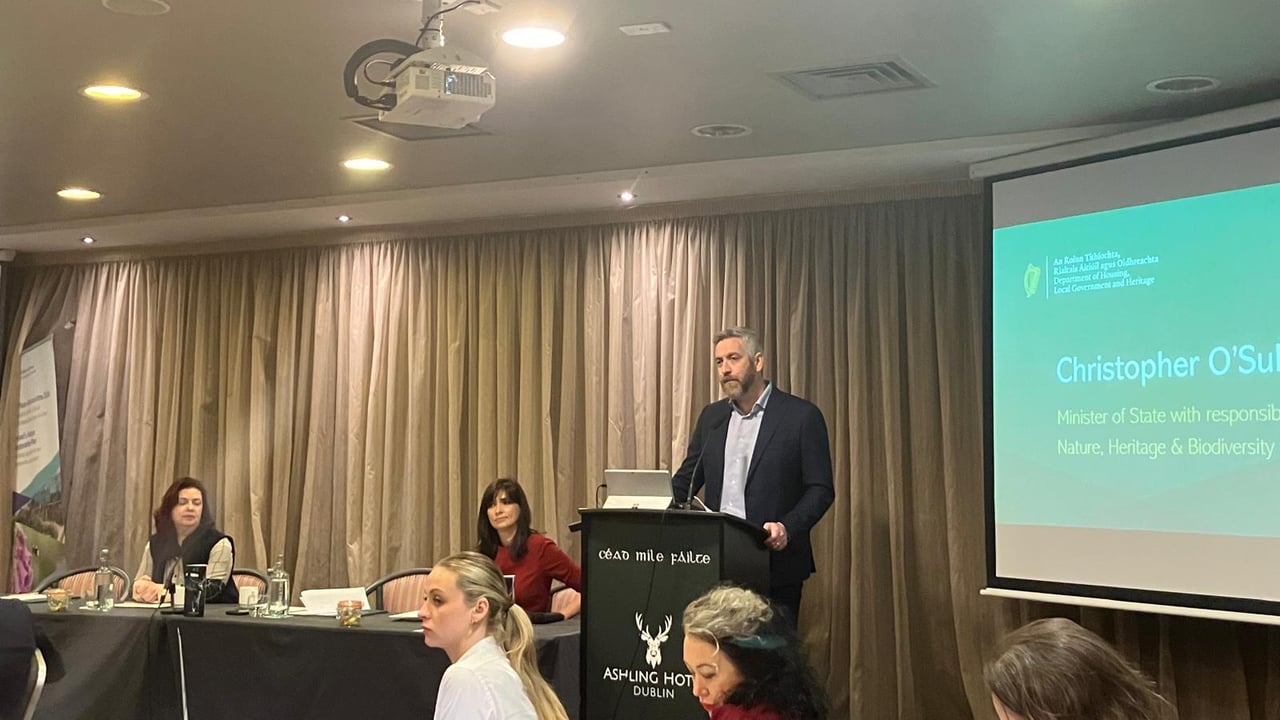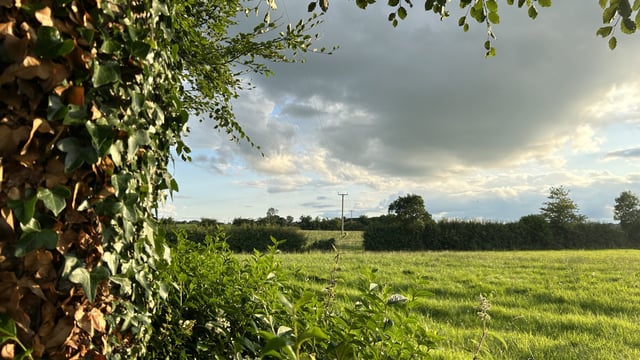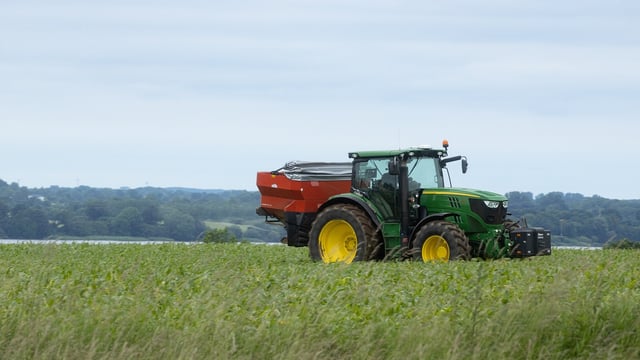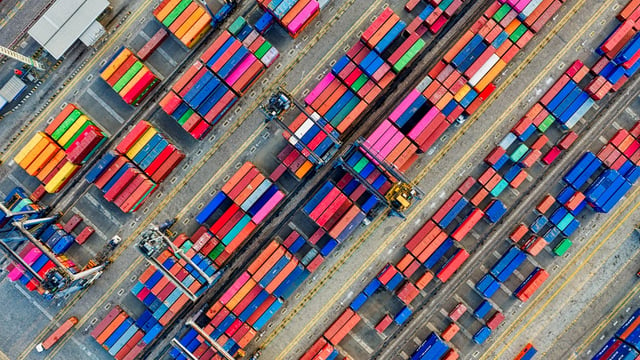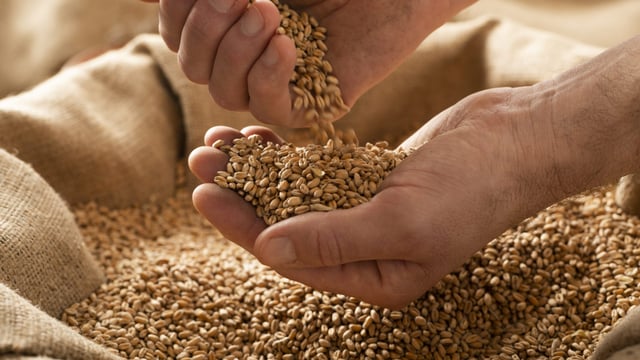Watch: Nature restoration planning 'can't be a top-down approach'
Minister of State for Nature, Heritage and Biodiversity Christopher O’Sullivan has said that the national Nature Restoration Plan cannot be formed from "a top-down approach".
The minister was addressing the first meeting of the leaders' forum on nature restoration today (Tuesday, March 25), bringing together decision-makers from national representative organisations, business, academia and government.
Over 80 representatives attended the event, from marine environments to farming and pollinator populations.
Minister Christopher O’Sullivan speaking at the first meeting of the leaders’ forum on nature restoration pic.twitter.com/dZ7o7NbxIE
— Agriland (@AgrilandIreland) March 25, 2025
Minister O’Sullivan said he was "delighted" to see many representatives from farm organisations fill the room, including members from the Irish Farmers' Association, the Irish Creamery Milk Suppliers’ Association, and the Irish Cattle and Sheep Farmers’ Association.
"If we're to get the plan right, we need to listen to everybody. It can't be a top down approach, it can't be a case of myself or the state telling people how this plan is going to come together," Minister O'Sullivan said.
The regulation, which combines an overarching restoration objective for the long-term recovery of nature in the EU’s land and sea areas, has caused much concern for farmers in Ireland about rewetting land.
The text of the nature restoration regulation is explicit that any rewetting of agricultural land will be "voluntary" to farmers and landowners.
However Minister O'Sullivan said that financing would be necessary to "put the money behind" farmers who do want to take part.
Following the enactment of the Nature Restoration Law across the EU in July 2024, the National Parks and Wildlife Service (NPWS) was appointed to co-ordinate the development of the Plan, and engage with a wide range of stakeholders.
An Independent Advisory Group, chaired by Dr Aoibhinn Ní Shúilleabháin, was appointed at the end of 2024 to engage all parties and advise the minister on the content of the plan.
In addition to the Leaders’ Forum, a Community Conversation Programme will take place later in the year. This initiative will be a locally led, participatory engagement process designed to inform and hear the views of local groups and individuals across the country.
The programme will provide communities with an opportunity to contribute directly to the national restoration agenda, ensuring that local knowledge, priorities, and concerns shape the policies and actions that will restore and protect nature.
The Leaders’ Forum on Nature Restoration will convene again in late summer, with future discussions focusing on key thematic areas such as financing restoration, integrating nature into economic planning, and leveraging technological innovations for ecosystem recovery.

